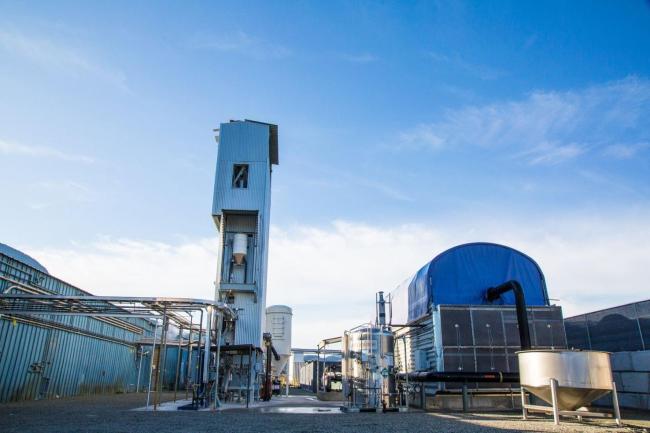One can only imagine the positive buzz these days inside the boardrooms of Canada’s oil companies, as they rake in record profits and plan major expansions of their oil production.
Amid all the good cheer, one could easily lose sight of the fact that those plans will push the world dangerously closer to the brink of irreversible climate chaos. Even as the world finally signed a commitment at UN climate talks last month to begin transitioning away from fossil fuels, Canada’s major oil companies are poised to do exactly the opposite — to greatly expand their fossil fuel production.
These plans position Canada to be the world’s second largest expander of oil and gas production (after the U.S.) over the next 25 years, according to Oil Change International.
Of course by now anyone who is even minimally informed realizes that the only real hope of averting climate catastrophe involves transitioning from fossil fuels to renewable energy. But Big Oil wants us to believe otherwise — that there’s a magic bullet that will allow them to go on producing oil without destroying the planet.
And Ottawa is largely going along with this fairy tale.
The magic bullet, according to the fossil fuel industry, is carbon capture and storage (CCS) — a controversial technology that involves physically capturing carbon emissions and storing them underground. CCS has been around for 50 years and has mostly been used to increase oil production in exhausted wells.
Even if CCS technology were to succeed in significantly removing carbon from oil production, it wouldn’t make much difference to the climate, since about 80 per cent of the carbon emissions from a barrel of oil occur when the oil is burned in cars or furnaces. And CCS does nothing to reduce those emissions.
“CCS gives the illusion that we can somehow have ‘green’ oil,” says Angela Carter, a political scientist at Memorial University and a senior associate with the International Institute for Sustainable Development. “But we can’t. The burning of oil creates huge carbon emissions, and there’s no way of greening that up.”
So, although CCS may be helpful in reducing emissions in some industrial processes, such as cement production, it is in no way a substitute for the known solution of transitioning from fossil fuels to renewable energy, Carter insists.
CCS is also wildly expensive. According to a just-released Oxford University report: “The cost of CCS implementation has not declined at all in 40 years, in contrast to renewable technologies like solar, wind and batteries, which have fallen in cost dramatically.”
The Oxford study concludes that seeing CCS as “a way to compensate for ongoing fossil fuel burning is economically illiterate.”
But it’s not economically illiterate from the viewpoint of oil companies, since they plan to transfer most of the cost to us, the taxpaying Canadian public. The companies estimate it will cost up to $75 billion to get the oilsands to net-zero emissions by 2050, and they’re brazenly seeking to get two-thirds of that — a staggering $50 billion — covered by Canadian taxpayers.
Ottawa has already announced plans to provide the companies with a generous new CCS tax credit, expected to cost taxpayers $10 billion over the next eight years, which is far more generous than the subsidies going to renewables, said Julia Levin, an associate director with the group Environmental Defence.
And so it is that the Trudeau government is providing Big Oil with a giant fig-leaf, enabling it to pretend it has a serious plan to reduce its emissions, even as it ramps up its fossil fuel production. And the bill for that expensive fig-leaf is coming our way.

